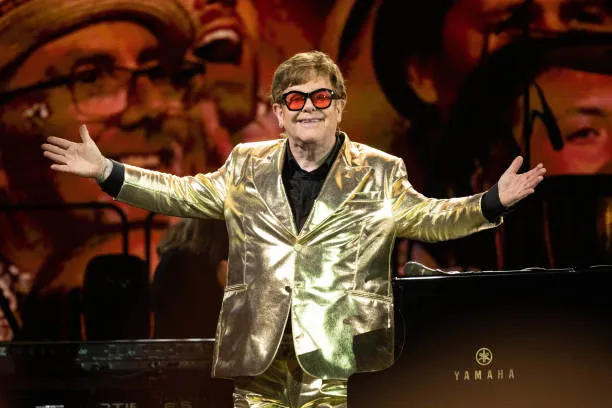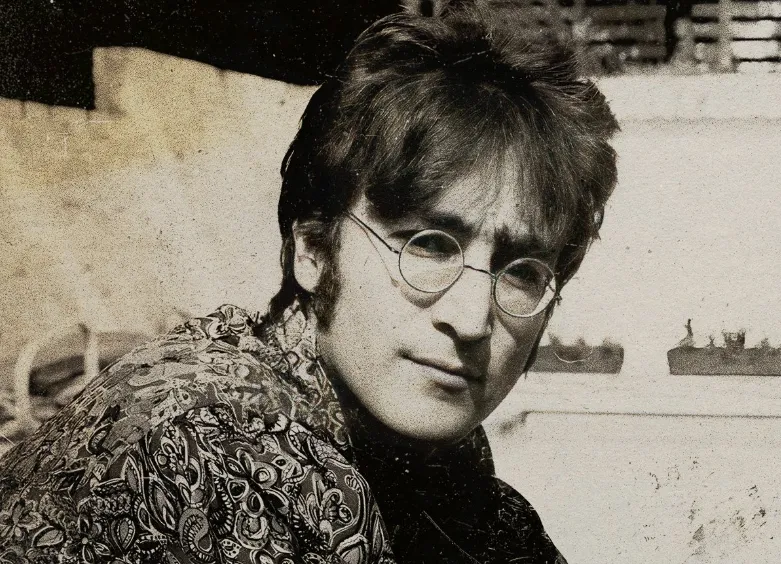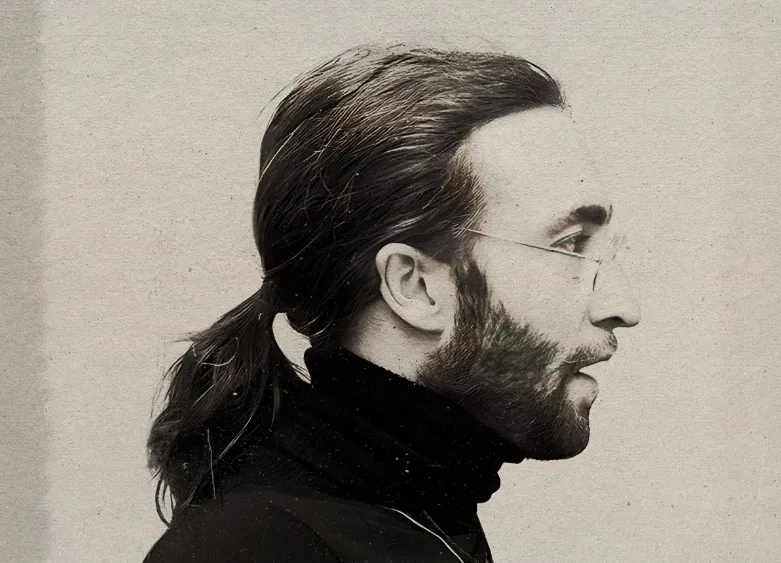There haven’t been too many genres of rock and roll guitar that don’t have Eric Clapton‘s fingerprints all over it. He always stuck with the blues for the majority of his career, but his willingness to embrace genres like reggae while also inventing the sounds of hard rock in some of his work with Cream has led to some of the most celebrated rock and roll in history. Nothing really should be that difficult for ‘Slowhand’ to play anymore, but ‘Tears in Heaven’ and ‘Circus Left Town’ always gave him trouble when performing live.

If we’re going to understand Clapton’s aversion to some of his biggest ballads, we have to scale things back to his turn towards soft rock. Because if you told someone in 1969 that the guitarist behind songs like ‘Sunshine of Your Love’ and ‘Crossroads’ would one day make soft pillowy dad rock, they would have thought you were crazy.
After falling out with both Blind Faith and Derek and the Dominoes, Clapton ended up moving on to a new sound that had more in common with mainstream music than the bluesy freakouts. He could still annihilate a solo when he wanted to, but a song like ‘Wonderful Tonight’ isn’t exactly screaming for a distortion-drenched guitar exercise.
While that version of Clapton’s sound arguably hit a peak with his Unplugged concert, ‘Tears in Heaven’ is the crowned jewel of this part of his career. Along with ‘Circus Left Town’, both songs were about chronicling his memory of his late son, who had passed away while he was on tour after falling out of a window.

Whereas ‘Tears in Heaven’ is the tearjerker that gets everyone in shambles whenever he plays it, ‘Circus Left Town’ is arguably more depressing. The first song is about what happens when Clapton sees his son on the other side, but hearing him talk about the last days that he had with his son is a lot more sombre, almost like he was reminding himself to take every day as a gift because you don’t know when it’s going to end.

Even though Clapton has talked about pieces like ‘Layla’ tripping him up sometimes because of how complex they are, performing these two songs every night is no easy feat, telling Guitarist, “It’s been close on occasions where I could choke and not be able to do it, but then what would happen? We’d have to stop, and it would be mawkish and embarrassing… It really does require a fair amount of discipline, concentration and focus to stay in the right place and not step off the tightrope either way.”
For all of the questionable behaviour that Clapton had gotten up to in his solo career and beyond, having to play these tracks on many occasions has almost felt cruel. Losing a child is already one of the hardest things that any human would have to endure, so having to sing a song and relive that pain every single night is something no one would wish on their worst enemy.
Then again, it’s not about trying to dive back into Clapton’s grief whenever he plays those opening notes. It’s about celebrating the time that he had with his son, and although it didn’t have a happy ending, it’s better to have been a loving father when he had the chance.



